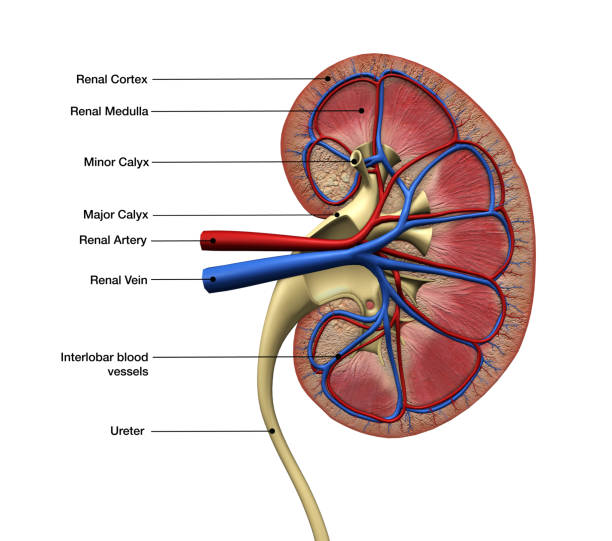nephrology

The kidneys play a critical role by filtering out excess toxins and water from the blood and expelling them through urine. Many kidney-related diseases are part of systemic disorders, affecting more than just the kidneys themselves and may require unique treatment approaches.
Nephrology focuses on the identification and management of kidney-related issues such as imbalances in electrolytes and high blood pressure, along with caring for patients needing renal replacement therapies, including dialysis and kidney transplants. In situations where the kidney’s primary excretory function is substituted by dialysis, this process effectively filters out excess fluid and toxins from the bloodstream and directs them into the urine.
This medical field encompasses the exploration of the kidneys, covering both their normal functioning, referred to as renal physiology, and the diseases that affect them, known as renal pathophysiology. It also includes the promotion of kidney health and the treatment of kidney-related disorders, which may involve dietary adjustments, medications, and renal replacement therapies like dialysis and transplants. Conditions that affect the kidneys systemically, such as diabetes and autoimmune diseases, as well as those that arise due to kidney ailments, like renal osteodystrophy and hypertension, are also examined within nephrology. This specialty addresses both hereditary or congenital disorders, such as polycystic kidney disease, and acquired diseases, including systemic vasculitides (for example, ANCA vasculitis) and autoimmune disorders (such as lupus

